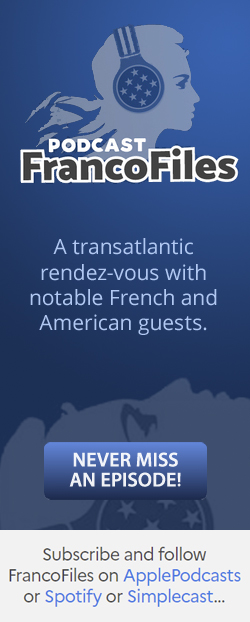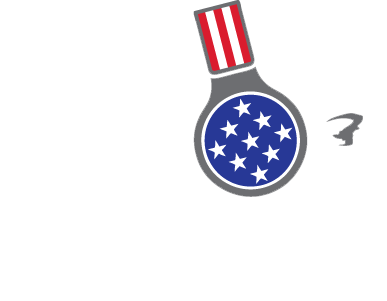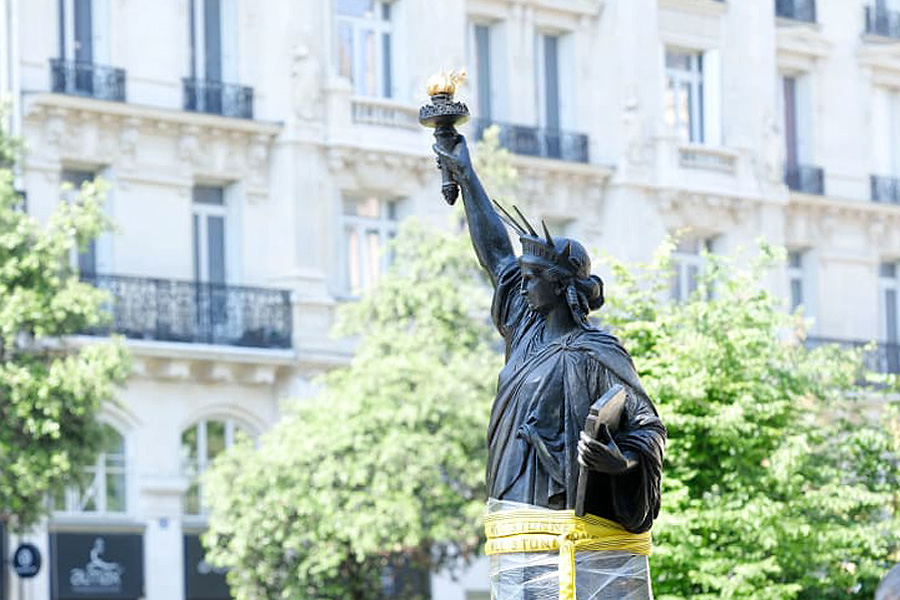New Day with John Berman and Brianna Keilar on CNN
New Day with John Berman and Brianna Keilar on CNN
New Day with John Berman and Brianna Keilar on CNN
SUMMARY
On CNN and Bloomberg this morning, Philippe Etienne stressed the importance of maintaining a channel of communication with V. Putin in order to achieve a ceasefire as an "absolute priority," noting that President Macron has spoken with him twice this week. Philippe Etienne, stressed "the importance" of the efforts of the allies to reduce the energy dependence of Europe to Russia, noting that the year 2022 is "fundamental" until the total independence planned for 2027. The ambassador also recalled that "although France is less affected", Europe is "much more dependent" on Russian energy than the United States and that it was therefore necessary "to increase supplies from other countries". On Bloomberg, Philippe Etienne added that "we will continue to diversify" in order to "get out of the need for Russian gas as quickly as possible". He emphasized the "leadership" of France, with regard to refugees in the framework of the EUFP. He referred to the "enormous movement of solidarity" generated in France and elsewhere, adding that the government had taken "ambitious" and "immediate" measures to help refugees. On CNN, he said that the price already paid by Russia was "enormous," and that the European empowerment strategy will "increase" the price of this invasion even further. "If there is no more money" coming into the state coffers, it will be a major setback for the economy. Also on CNN and Bloomberg, he highlighted the new initiative launched yesterday in Brussels to combat food insecurity, recalling that "the invasion of Ukraine" is causing a "global" crisis and is a "threat to the whole world" that "violates all the principles of the United Nations." He insisted on the "duty" of Europe and the importance of a ceasefire to allow Ukraine, "important agricultural producer" to launch the crops in spring, in anticipation of the needs of the next winter. Philippe Etienne recalled the "close coordination" of the West in the face of a Russia with which "we must keep in touch" to negotiate a cease-fire, which "alone will allow for negotiation". We must "continue" to try while "continuing to support Ukraine".
![[0013]](https://media.franceintheus.org/wp-content/uploads/2022/04/0013.jpg)
Metadata
Release date: March 25, 2022
Tag(s): Ambassador, Diplomacy, Foreign policy, News
![[0013]](https://media.franceintheus.org/wp-content/uploads/2022/04/0013.jpg)
Metadata
Release date: March 25, 2022
Tag(s): Ambassador, Diplomacy, Foreign policy, News


Transcript
KEILAR: I think it’s so important to hear those voices that you just shared with us, Melissa, thank you for that.
President Biden and French President Emmanuel Macron speaking off to the side during this critical meeting at the G7 on Thursday, Macron, who has been a central player amid the conflict in Ukraine, regularly speaking with both President Putin and President Zelenskyy.
And joining me now is French Ambassador to the United States Philippe Etienne. Ambassador, thank you so much for being with us. I would like to first talk about this agreement between the U.S. and the E.U. when it comes to trying to reduce energy dependence on Russia. How significant is this in your view?
PHILIPPE ETIENNE, FRENCH AMBASSADOR TO THE UNITED STATES: It is very significant. We decided in Europe to reduce sharply our dependence on imports from Russian energy while we are also increasing sanctions to raise the price of the Russian invasion. And a big part of this policy to reduce our dependency is how to increase our supply from other countries. And here, the U.S. announced with Europe yesterday — or today, actually, an increase of 15 billion cubic meters of gas in their sales to Europe. It’s very important.
KEILAR: You can’t solve this overnight, right? This is slow.
ETIENNE: Exactly. We are more dependent in Europe, not that much in France, but Europe, European Union, in general, much more dependent than the United States, of course, because we do not produce as much as the United States.
KEILAR: When do you think Russia really starts to feel this? I mean, we have to say, we’re here going into spring now. The weather is getting nicer everywhere. We see that in the U.S. We see that in Ukraine. And in Europe, it is really winter where that dependence really hits. Is this going to take a long, long time?
ETIENNE: There will be first step this year preparing next winter. And then we want to reduce already very, very much our dependency. And in the middle term, let’s say until 2027, we want to get rid of dependency. But we will already start this year and this year is fundamental to get started very much in this reduction of our dependency.
KEILAR: How do you think Vladimir Putin receives that?
ETIENNE: I think the price paid by Russia and the Russian economy is very high already. Look at what we have decided for the central bank of Russia, for the banking system, for the oil industry, oil and gas industry, export technology completely stopped. It is huge. And the effect is already very high. And if there is no more money coming from the export of gas and oil, it will be a new, very, very big blow to the Russian economy.
KEILAR: What is France’s hope for negotiations with Vladimir Putin and how much do you see him as operating in any sort of good faith?
ETIENNE: Well, as you said, our president is speaking with the Russian president in close coordination with the president of Ukraine, President Zelenskyy, but also in close coordination with the United States, as we have seen here yesterday in Brussels. We want to keep the contact. It is important even if the outlook is not good because we see the heartbreaking images from the Ukrainian cities, we continue to support Ukraine in different respects, we continue to increase the sanctions, but we have to continue to speak with the Russian president. What we want is a cease-fire. And we are doing this because the cease-fire only will allow negotiations to take place.
For the time being, he is not accepting this, I mean, Putin, but we have to continue to do this together with some other leaders, such as the German chancellor or the Turkish president. Our president has talked already, two times already, with him this week.
KEILAR: I do want to ask you because of about food insecurity. I think a lot of people around the world are realizing where their food comes, right, comes from. And a lot of it does come from Ukraine. Tell me about this effort to combat that and how bad do you think the global food insecurity problem is going to become because of what we are seeing in Ukraine?
ETIENNE: You’re right. The Russian invasion is a global crisis. It is a violation of all principles of the United Nations. This is the reason why we isolated again Russia this week at the United Nations with a new (INAUDIBLE). But it is also a threat against not only the Ukrainian people who are killed by the Russian bombings but also for the whole world. And one important aspect is the food crisis, which is threatening many, many vulnerable countries in the world because Ukraine is such an important producer of wheat.
So, yesterday, one important aspect on the summit yesterday in Brussels was to launch an initiative on food security and to ensure that those countries will continue to receive what they need, what the populations need. But the first thing which would have to be done is a cease-fire to allow the Ukrainians to sell wheat this spring because it is a time for starting the preparations for the wheat to be cultivated.
KEILAR: Well, I really appreciate you being with us, Ambassador Etienne. I would love to continue the conversation here in the coming weeks and months. It is certainly going to take that, I think, before any chance at a cease-fire. Thank you.
ETIENNE: Thanks, Brianna. Thanks.
Related posts





